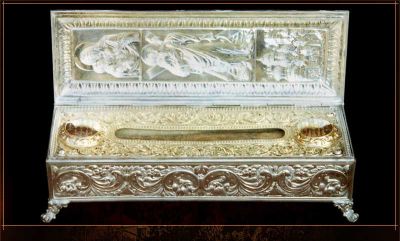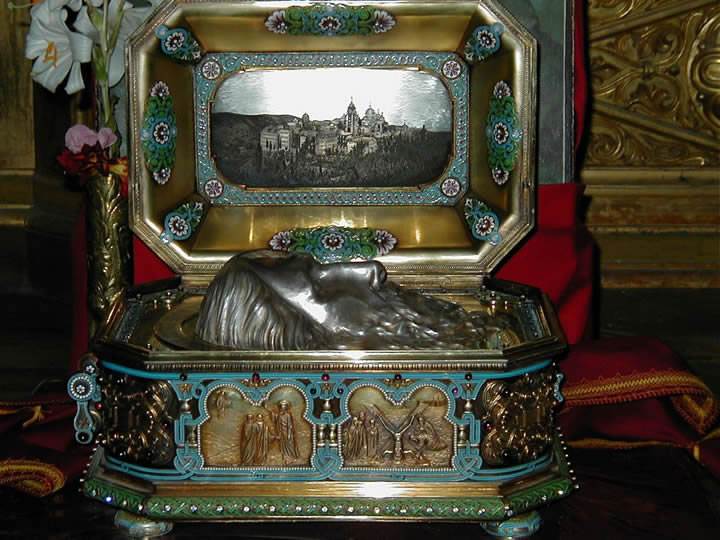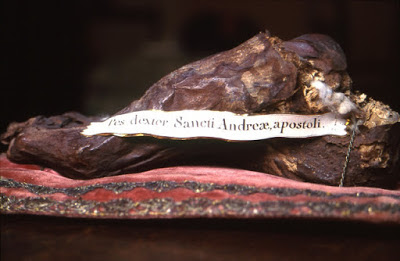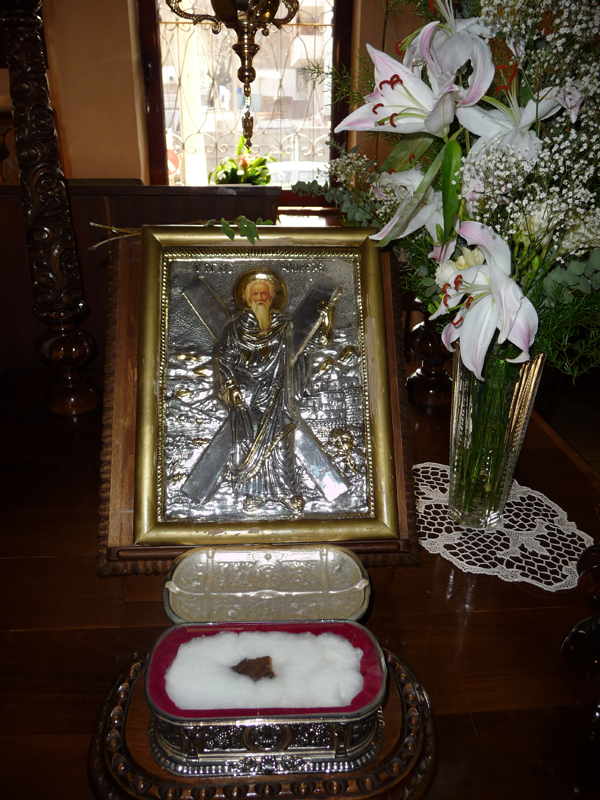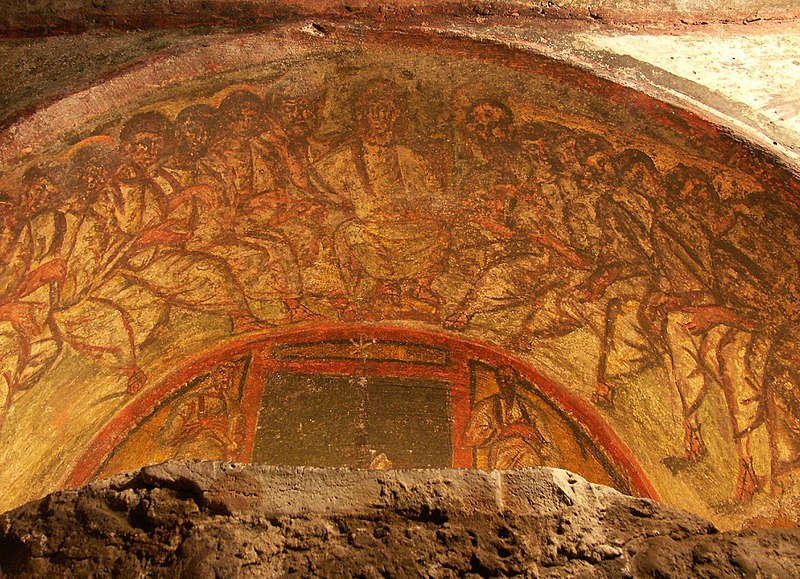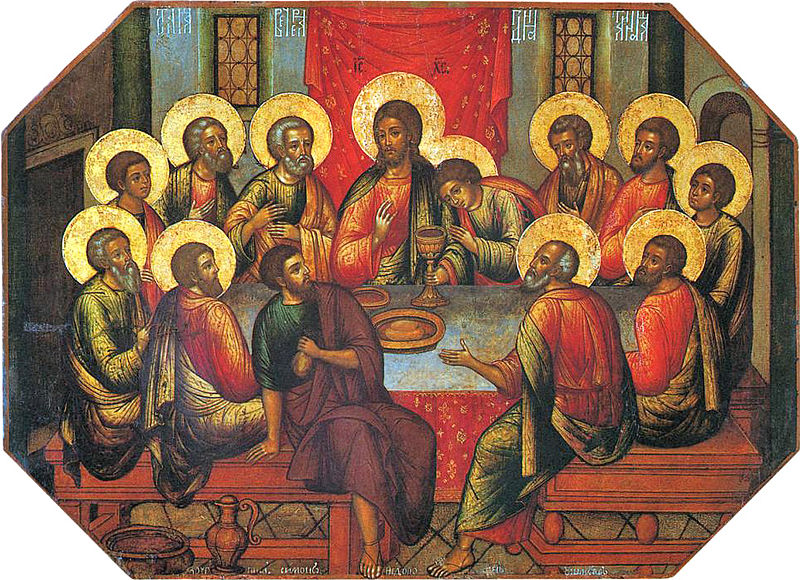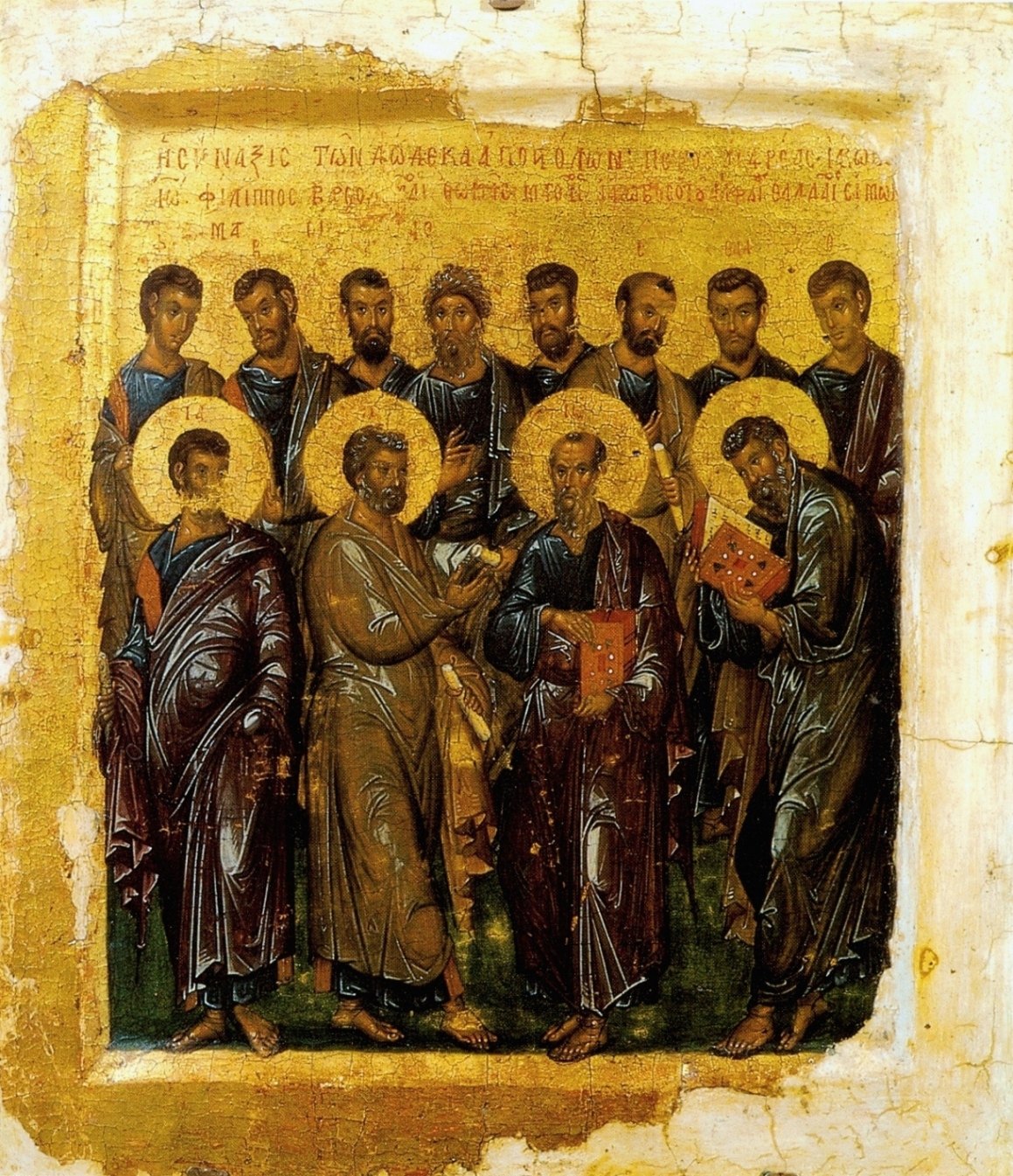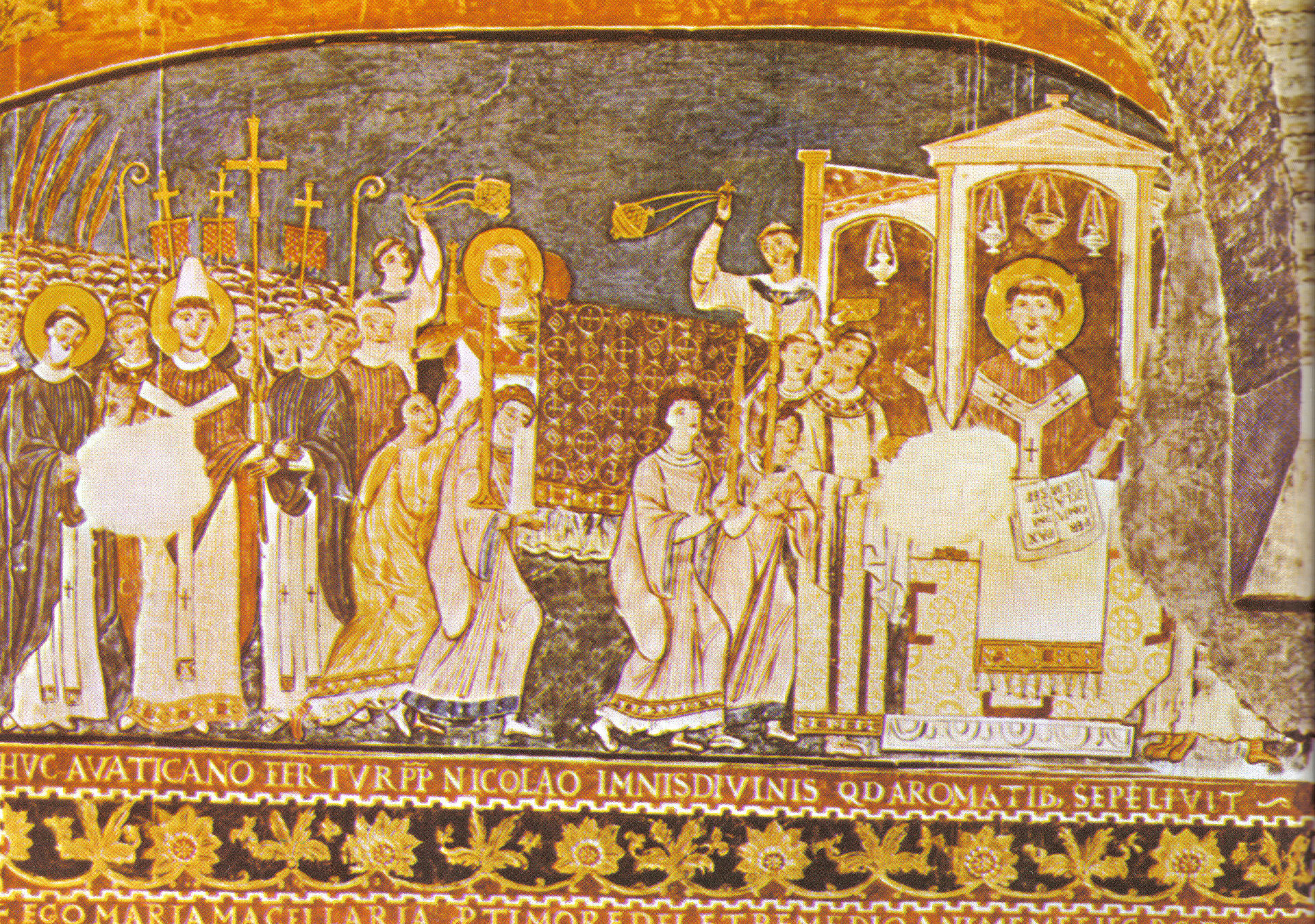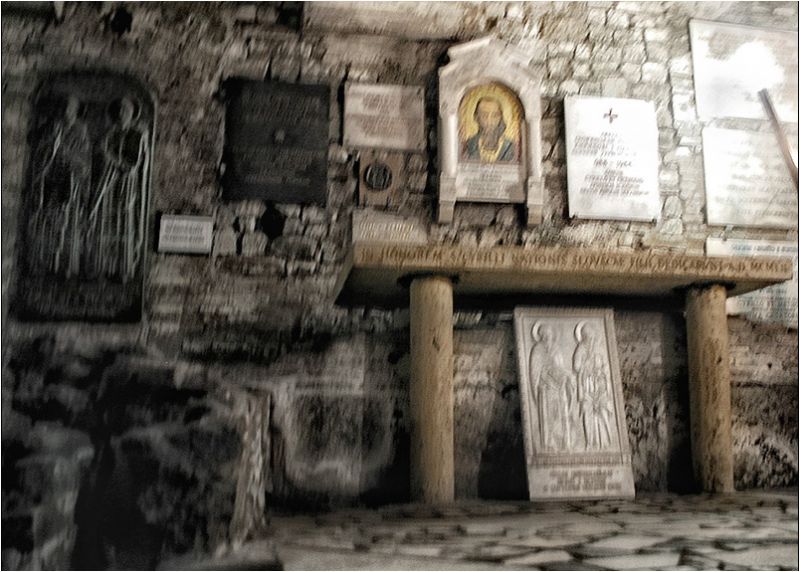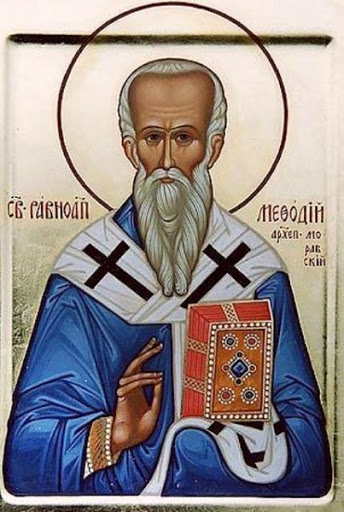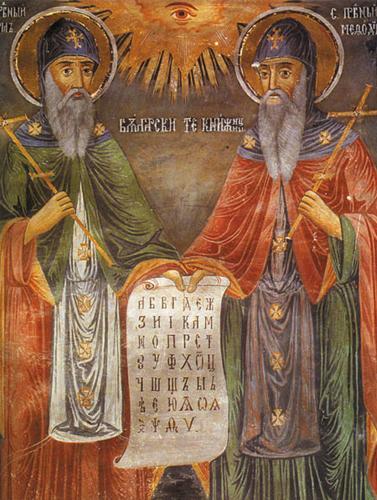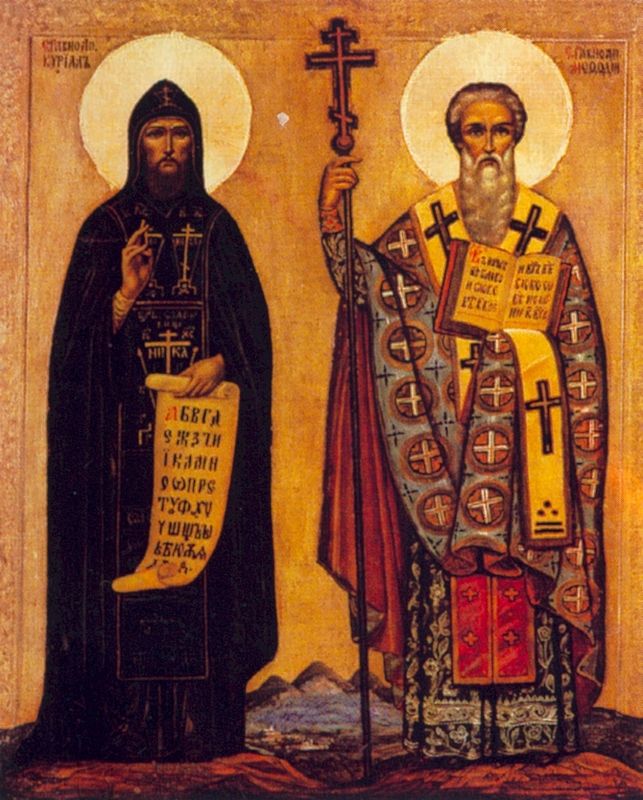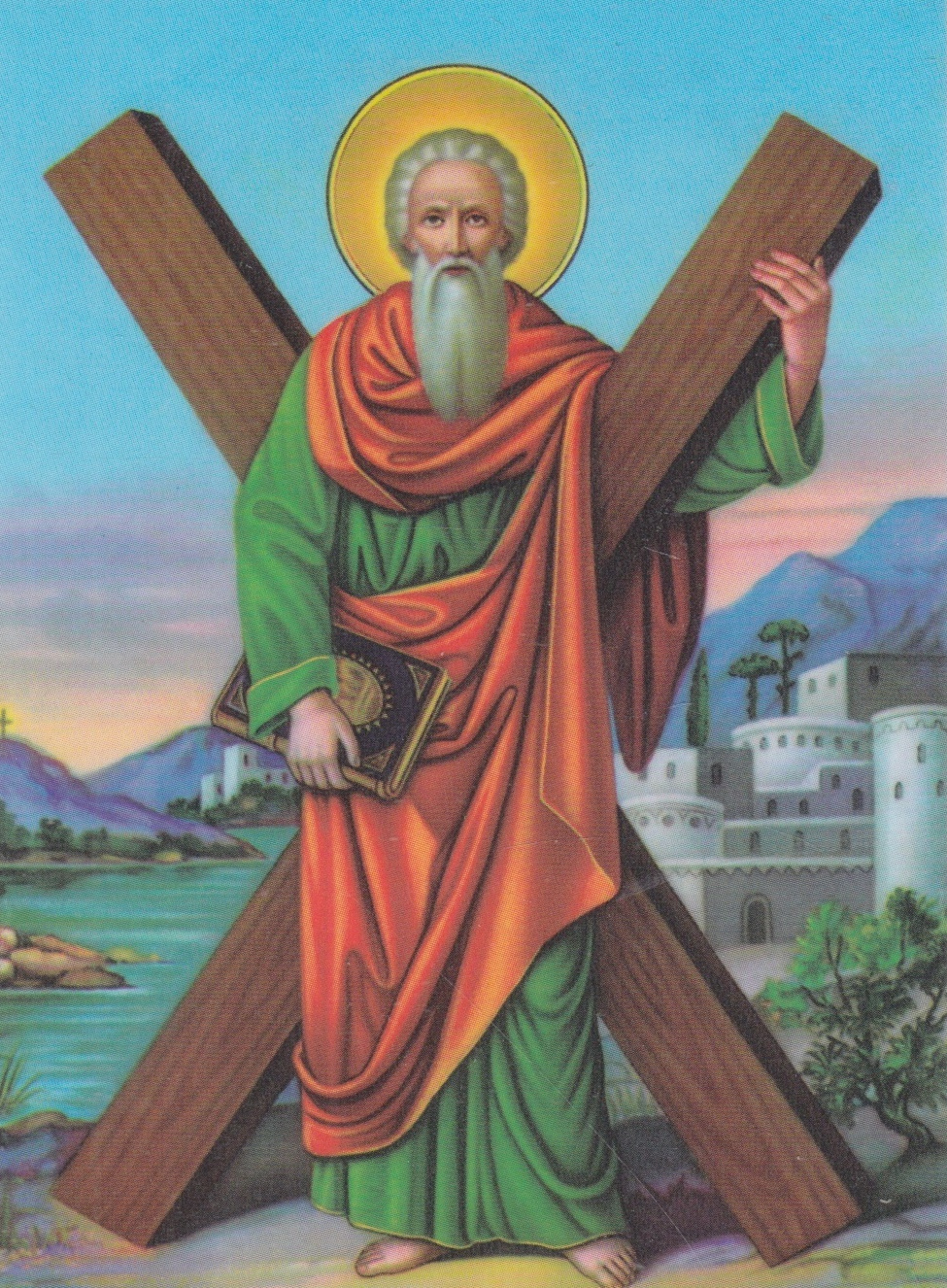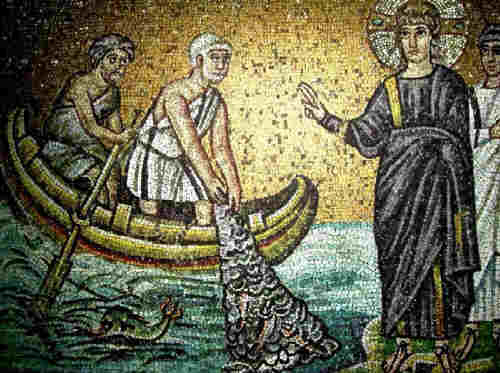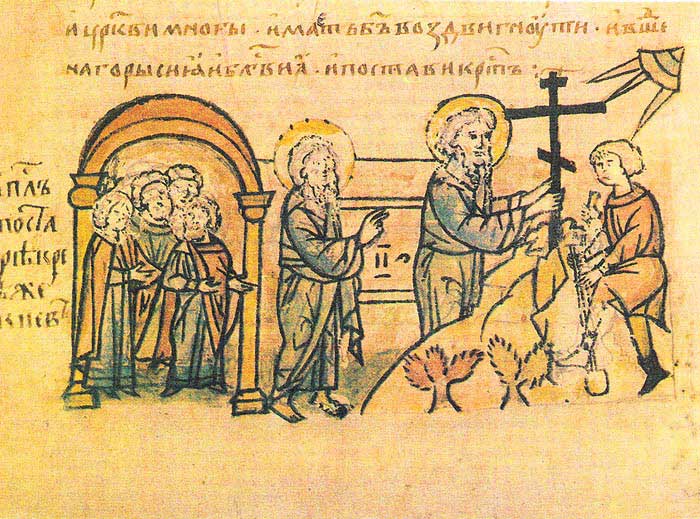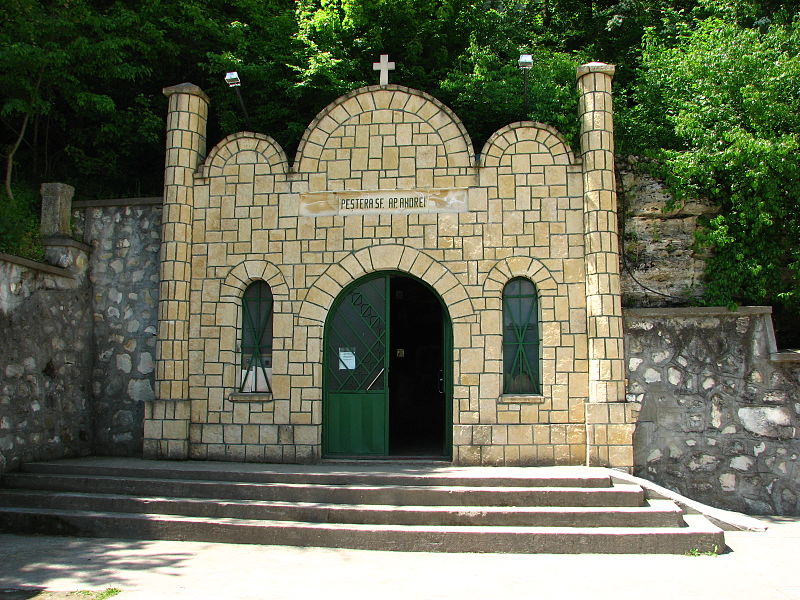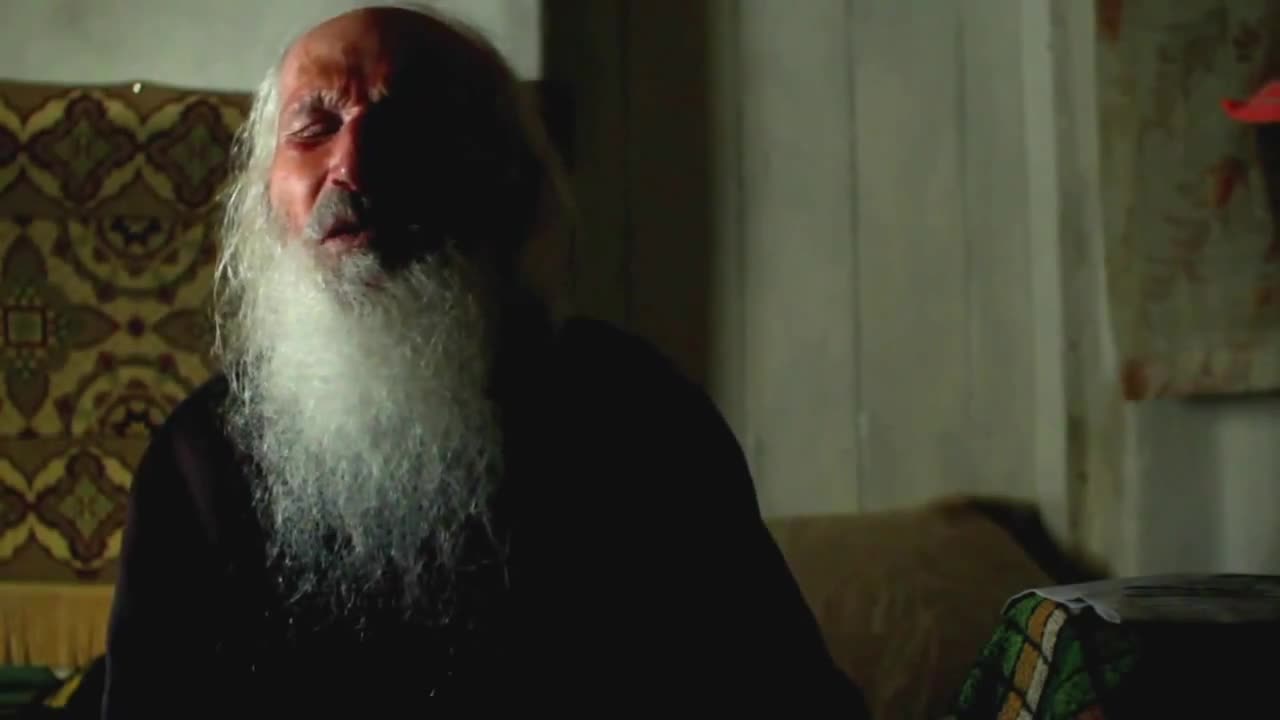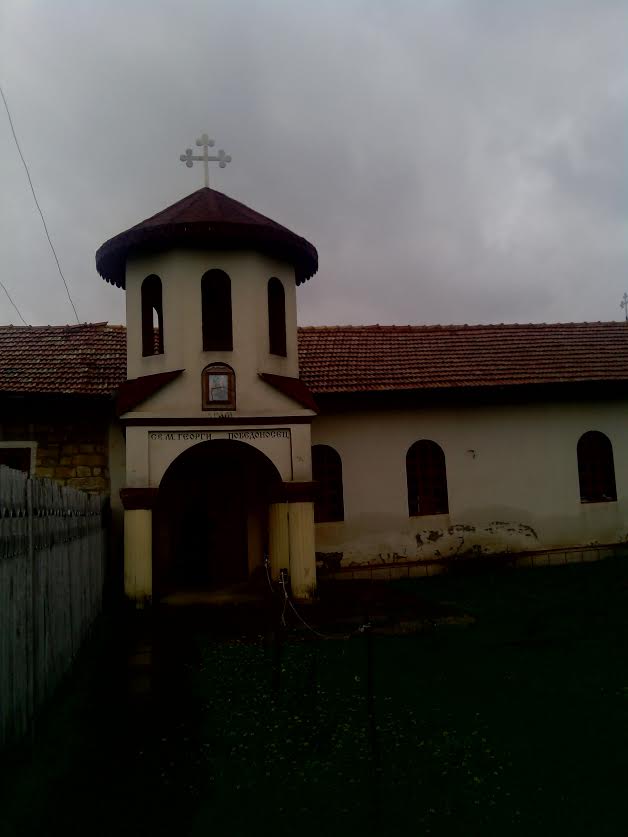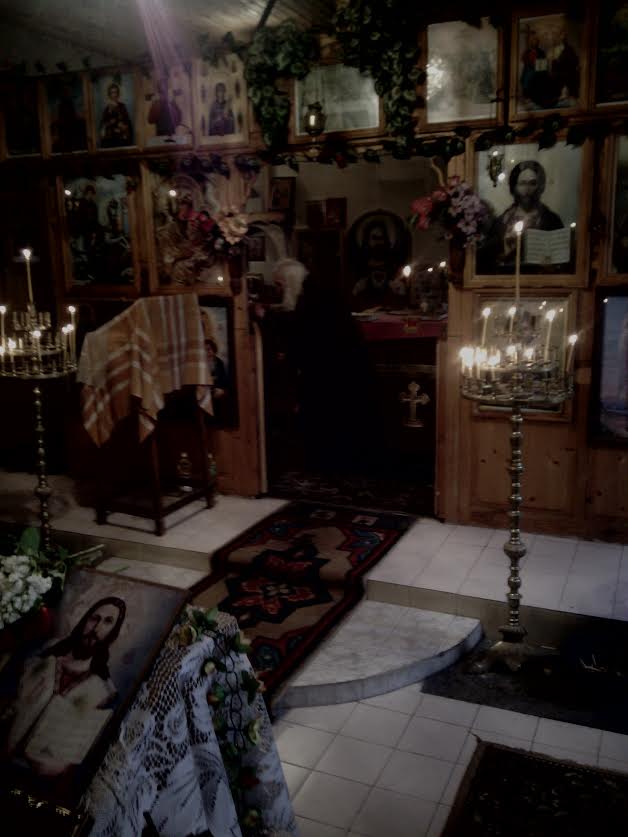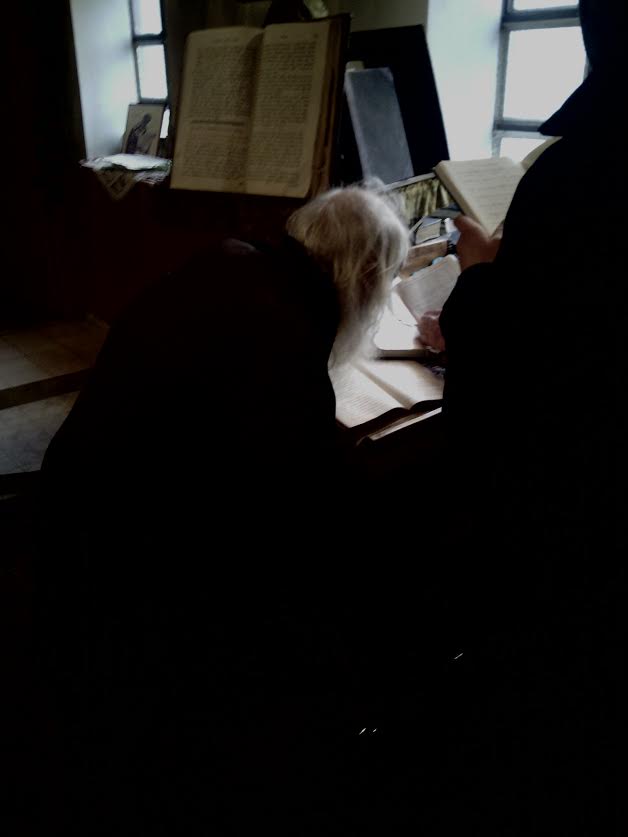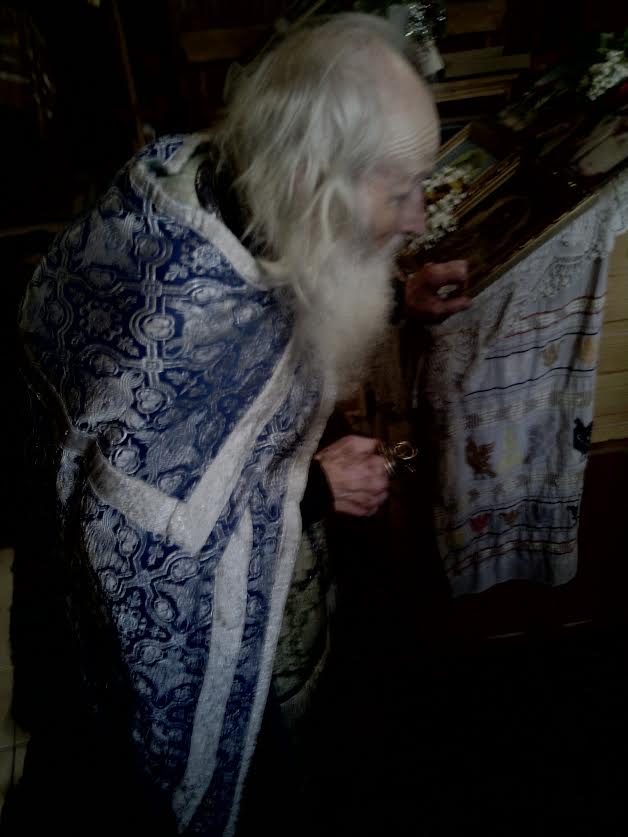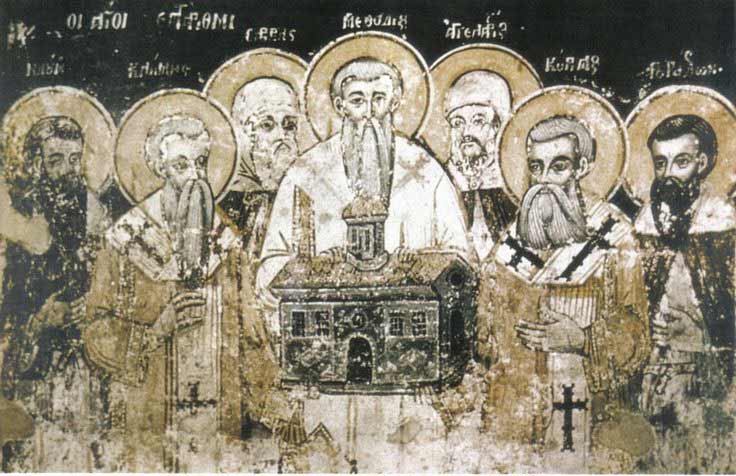
..Both on his father's and on his mother's side, he came not from a simple, but from a very good and honorable family, known first of all to God, and then to the king and to the whole Thessalonica (Solun) region, which was also evident from his appearance. That is why the princes, who loved him since his childhood, held dignified conversations with him.
Finally, the king, learning of his abilities, gave him the rule of a Slavic principality – as if he foresaw, I would say, that he would send him as a teacher and first archbishop of the Slavs, so that he could learn all their customs and gradually come to love them .
Having spent many years in this principality, and seen many tumults and crimes in this life, he exchanged his aspirations for gloomy earthly affairs for heavenly thoughts; for he would not trouble his noble soul with things that do not abide forever.
Having found a suitable occasion, he released himself from the princeship, and going to Olympus, where the holy fathers lived, he cut his hair, put on a black garment, and obeyed obediently, fully fulfilling all the monastic rule and diligently occupying himself with books.
When some occasion arose, the king sent his brother [Constantine] to the Khazars, and he took him with him to help. Because there were Jews there who blasphemed the Christian faith very much.
And he said, "I am ready to die for the Christian faith," and he did not disobey, but went and helped his younger brother as a servant, obeying him.
And so he by prayer, and the Philosopher by word, overthrew the Jews and put them to shame.
...And then God revealed the Slavonic writings to the Philosopher, and he, arranging the letters and composing the [Gospel] discourse, took the road to Moravia, taking Methodius with him. And he again began to obediently obey and serve the Philosopher and teach with him.
… After many days, when the Philosopher was about to appear before [God’s] judgment, he said to his brother Methodius: "Here, brother, we were a pair harnessed to draw a furrow, and I, having finished my day, fall into the fields .
You, on the other hand, love the mountain too much; but do not forsake your teaching for the sake of the mountain, for by it you can better be saved.”
…On all the roads, he fell from the devil into many calamities: in desolate places – among robbers, on the sea – in violent disturbances, on the rivers – in sudden sandy shoals, so that the apostolic words were fulfilled with him: "Misery from robbers, miseries by sea, troubles by rivers, troubles by false brothers; in labors and pains, often in vigils, often in hunger and thirst," as well as other afflictions that the apostle mentions.
Then, putting aside all [life’s] noise, and entrusting all his cares to God, he first appointed from among his disciples two priests, good scribes, and quickly translated from the Greek language into Slavonic all the [Bible] books in their entirety, with except the Maccabees, for six months, beginning in the month of March until the twenty-sixth day of the month of October.
When he had finished, he gave worthy praise and glory to God, who gives such grace and such quick success. And by serving together with his clergy the holy mysterios elevation, he celebrated the memory of Saint Demetrius.
Because before that he had translated together with the Philosopher (Kiril) only the Psalter, the Gospel with the Apostle and selected church services. And now he also translated the Nomocanon, that is, the church rules, and the books of the Fathers…
He took, therefore, that the time was approaching for him to receive rest from his sufferings and a reward for his many labors. … On Palm Sunday, when all the people had gathered, he entered the church and, although weak, pronounced blessings for the king, for the prince, for the clergy and for all the people and said: "Keep me, children, until the third day." So it happened.
On the third day at dawn he said: "Into your hands, O Lord, I commit my spirit," and he died in the hands of the priests on the sixth day of the month of April, indict three, in the year six thousand three hundred and ninety-three (6393) from the creation of the whole world, ( 885 A .D.).
His disciples placed him in a coffin, gave him due honors by performing a funeral service in Latin, Greek, and Slavonic, and laid him in the cathedral church. And he joined his fathers and the patriarchs, the prophets, the apostles, and the martyrs. An innumerable people gathered, people who saw him off with candles, weeping for the good teacher and shepherd: men and women, small and great, rich and poor, free and slave, widows and orphans, foreigners and natives, infirm and healthy – all [lamented] him who was all things to all, that he might win all.
Excerpt from writtings of
Saint Clement of Ohrid:(St. Kliment Ohridski)
From "Extensive Life of Archbishop Methodius"
Translation of Hristo Kodov based on the text of the Assumption Collection from the 12th-13th centuries.
Old Bulgarian literature. Volume IV. Biographical works. Ed. "Bulgarian Writer", Sofia. 1986
(See the full text in Bulgarian – HERE
Troparion of St. Equal to the Apostles Methodius
Through Your Saint Methodius, O Christ, grant mercy to us who perform the bright celebration of his Assumption, open the doors of the Kingdom to us, free us from the chains of our many sins, and through his intercession, Lord, have mercy on us.
Kontaktion
Let us praise the divine and faithful Methodius, people, and praise him with love as a great shepherd of the Slavs, an honest servant of the Trinity and a banisher of heresies: he prays unceasingly for us all.
